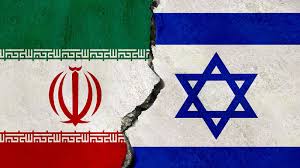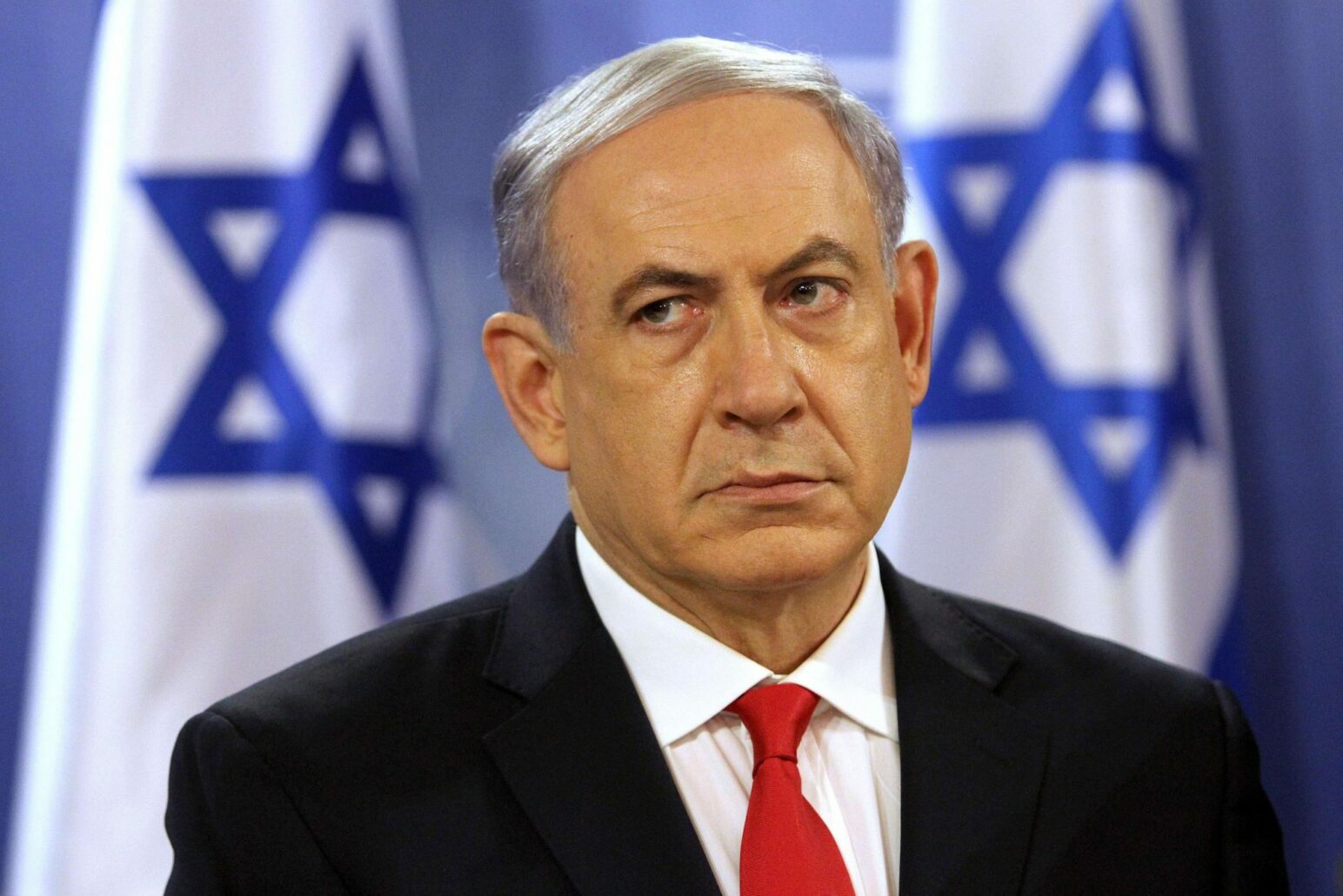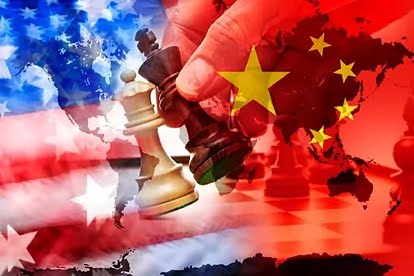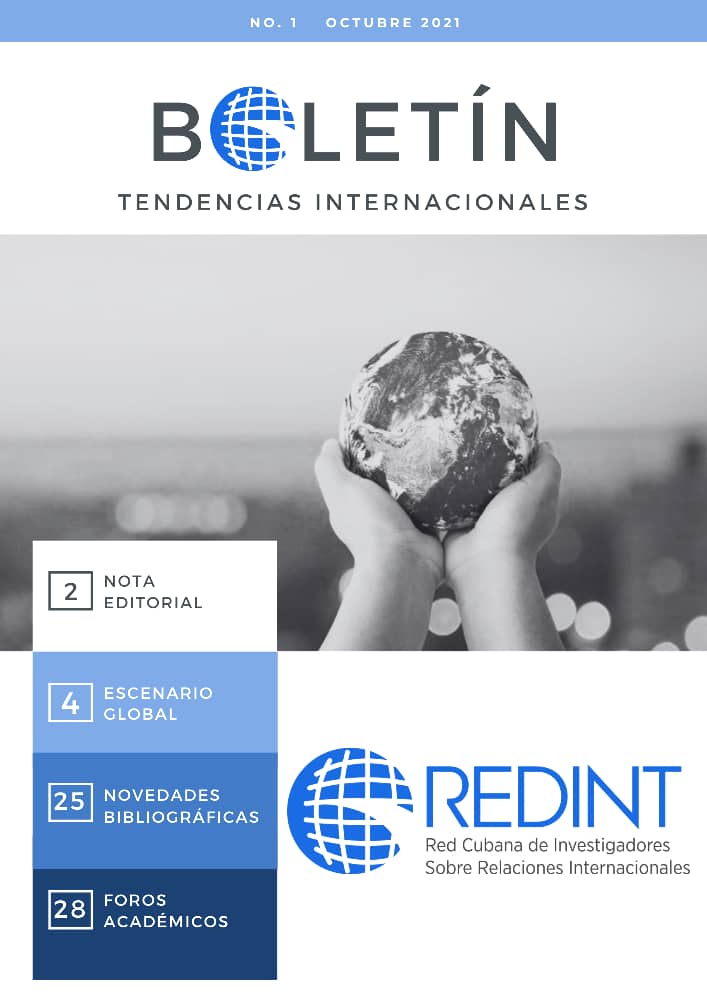Major Power Rivalry and Multilateral Conflict Management
The United States should test China’s and Russia’s willingness to participate in more technical discussions of humanitarian affairs, peacekeeping, and related topics among the five permanent members of the Security Council
Council on Foreign Relations
In a period of growing major power competition, senior U.S. policymakers may have little time for problems associated with civil wars and regional conflicts. Yet if those conflicts go unaddressed, some are liable to escalate into broader humanitarian and political crises and—depending on their location and the stakes involved—draw in the major powers to some degree. Even if the primary U.S. focus is now on China and Russia, a strong case can be made for investing in conflict management elsewhere to avoid unexpected foreign policy shocks.
Though the major powers will decide their policies on conflict-affected countries on a case-by-case basis, convening broader discussions of the evolution of conflict management and reinforcing international crisis management structures will be valuable. The United States should test China’s and Russia’s willingness to participate in more technical discussions of humanitarian affairs, peacekeeping, and related topics among the five permanent members of the Security Council (P5), with the goal of sketching U.S. priorities for subsequent higher-level meetings. The United States should also continue to look for ways to reinforce regional organizations—such as renewing talks on UN funding for African Union peace operations or staffing and logistical support to African regional mediators—which will have a significant or growing role in international conflict management.
While some U.S. observers remain wary of China’s growing interest in UN peacekeeping, these concerns should not be overstated. China’s role in peace operations remains limited and does not challenge U.S. strategic interests. Washington can afford to test Beijing’s interest in more cooperation in this field, possibly by proposing to work together on those areas, such as increasing the safety and security of peacekeepers, that Beijing has prioritized. This should begin with policy talks between respective diplomats in New York, and potentially continue with small common projects—such as joint safety training—in the field.
International humanitarian agencies such as the World Health Organization and the UN High Commissioner for Refugees will be at the forefront of conflict management efforts. The U.S. Agency for International Development and the U.S. Mission to the United Nations should corral other major aid donors to address these problems together since the United States has a strong interest in developing more efficient aid mechanisms. The United States should also try to induce China to join these discussions and throw more money in the international pot.
The future of international conflict management will likely be messy and shaped by unforeseen events. U.S. initiatives alone will not resolve the fundamental drivers of current armed conflict or erase the problems of major power competition, but the United States can help multilateral institutions adapt to an uncertain future. It would be a mistake for the United States, China, and Russia to allow their overall differences to blind them to areas for cooperation, which can at least limit worsening instability in an era of heightened tensions.
This is the eighth Discussion Paper in the Managing Global Disorder series, which explores how to promote a stable and mutually beneficial relationship among the major powers that can in turn provide the essential foundation for greater cooperation on pressing global and regional challenges.
Source: https://www.cfr.org/report/major-power-rivalry-and-multilateral-conflict-management





Déjanos tu comentario